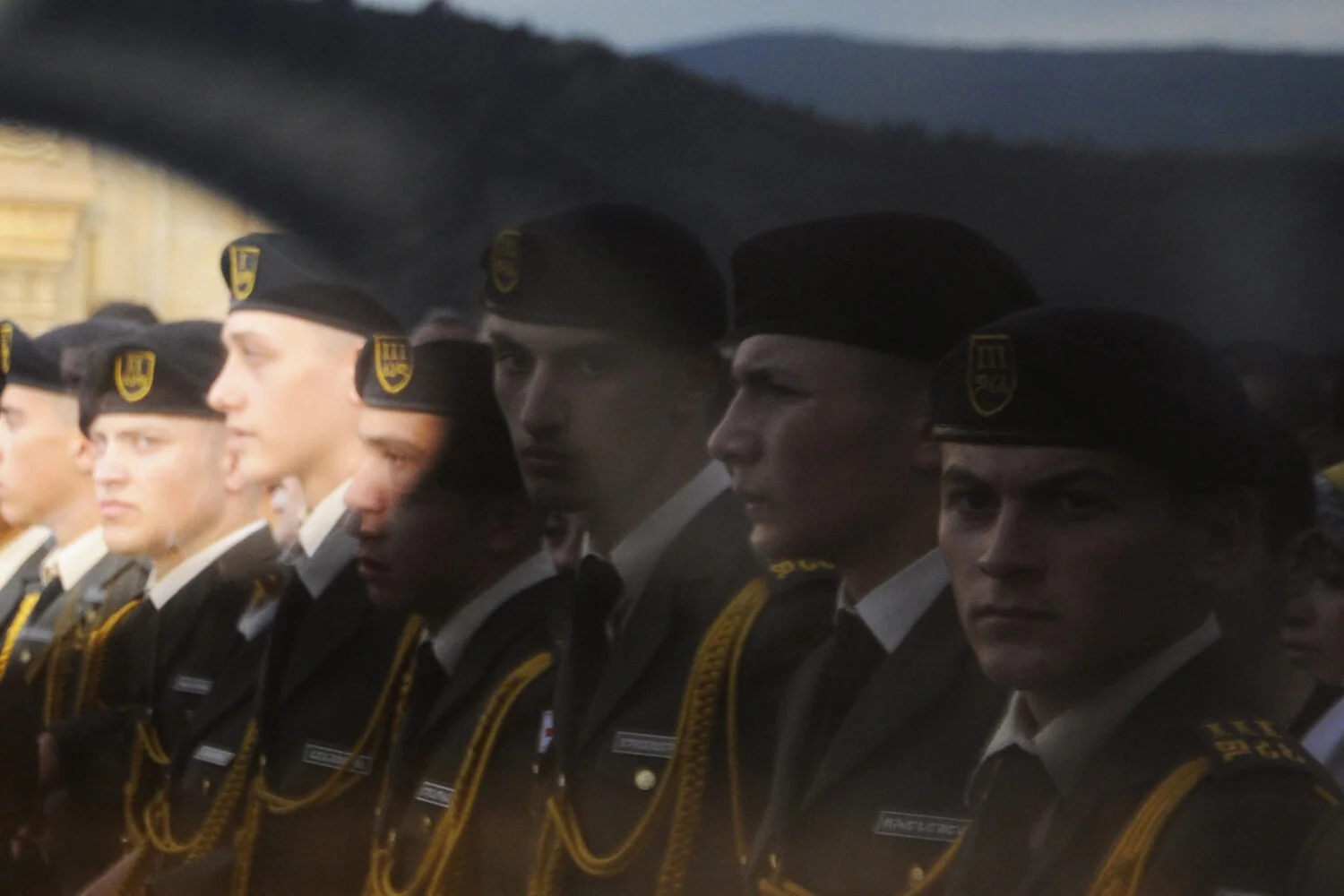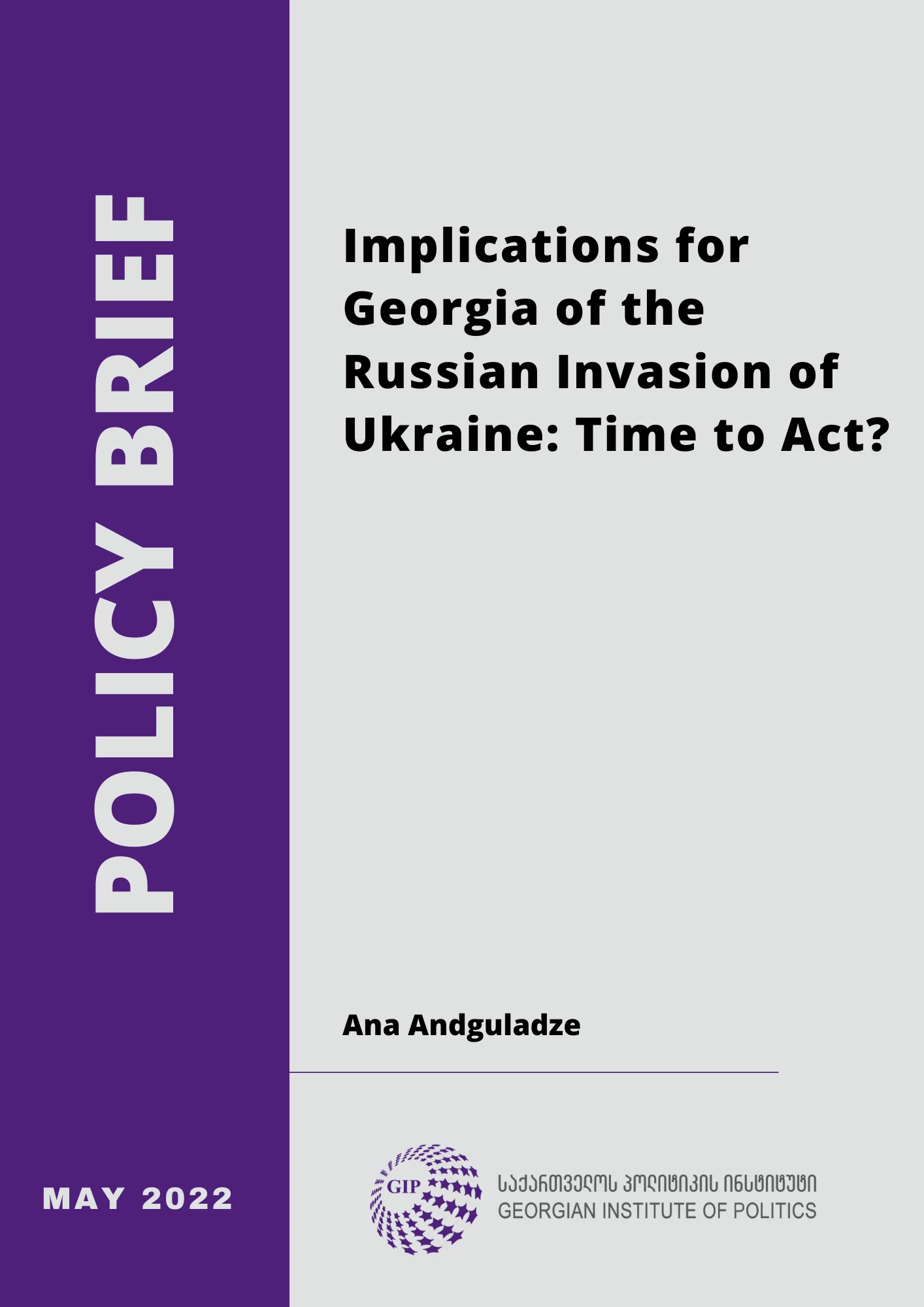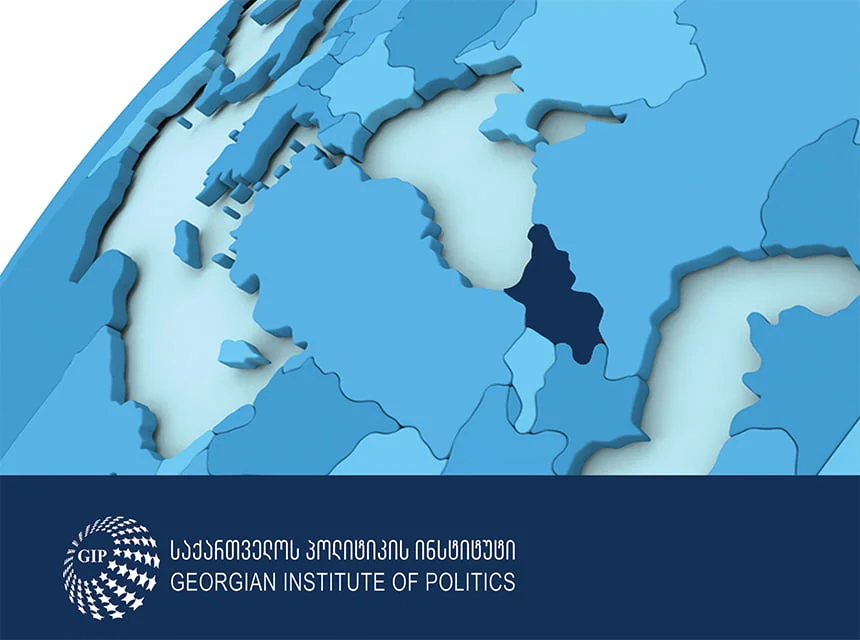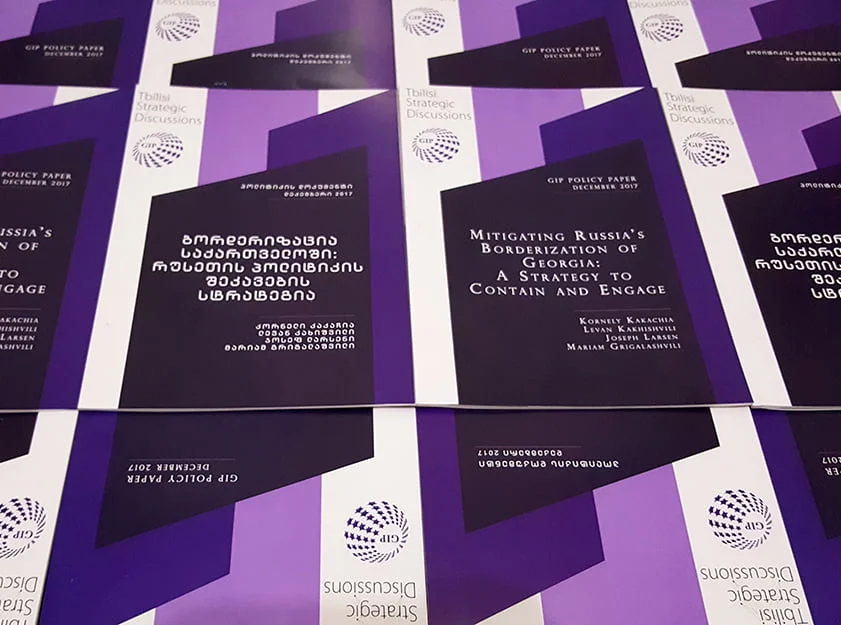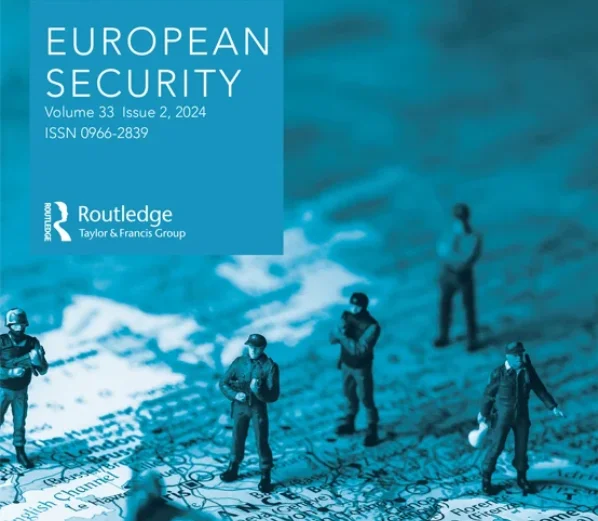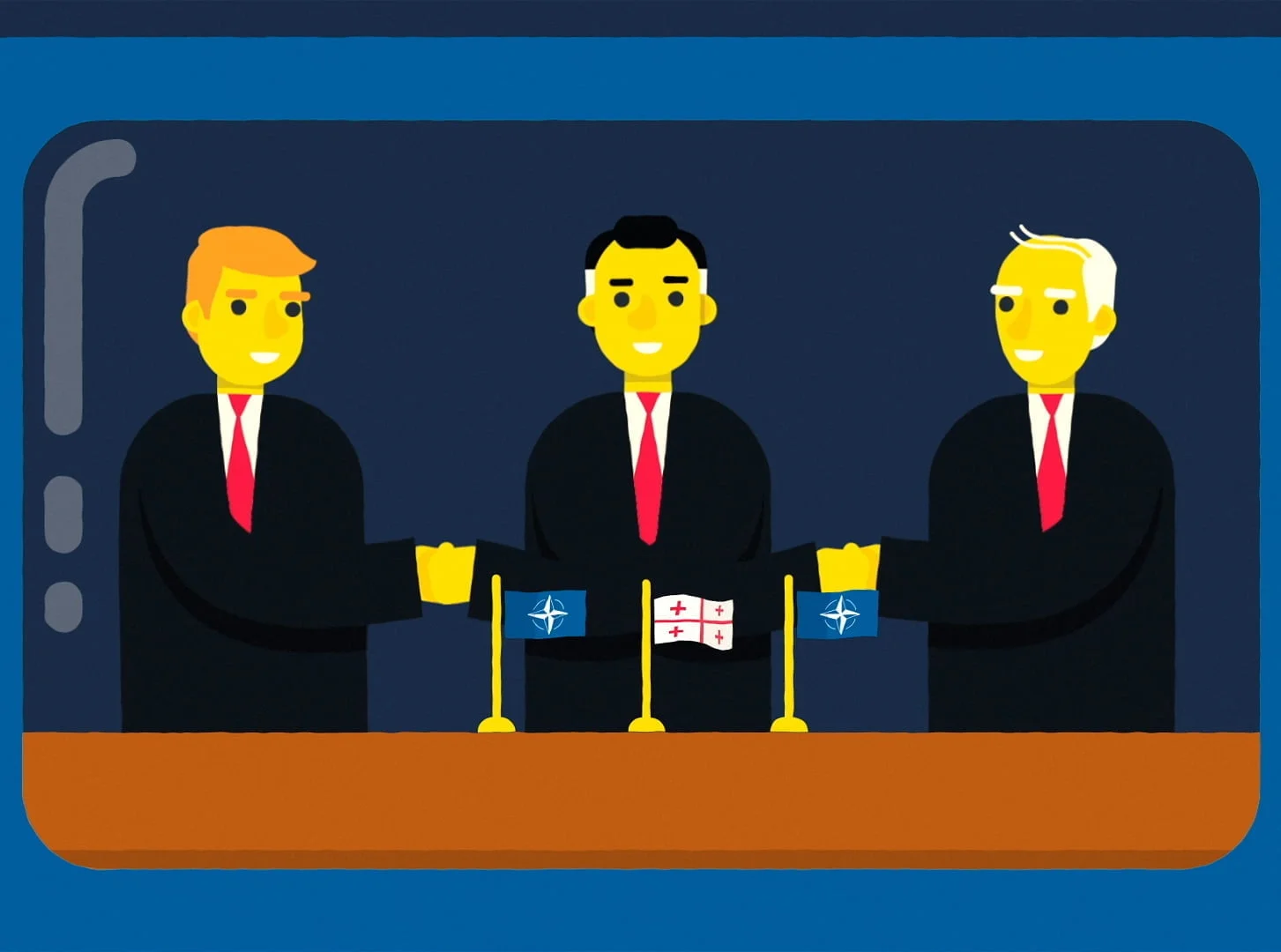The Institute for International Political Studies (ISPI) published a new commentary on NATO-Georgia relations – “NATO and Georgia: Waiting the Winter Out” – by the GIP senior policy analyst – Bidzina Lebanidze.
“NATO’s strategy towards Georgia after the 2008 Russia-Georgia conflict has been following two key objectives: to intensify relations with Georgia to keep the country on the reform track but to prevent it from joining the alliance in order not to irritate Russia. These somewhat contradictory goals are perhaps the result of complex bargaining between supporters and opponents of NATO’s further enlargement, and hardliners and soft-liners in terms of the alliance’s Russia policy. Therefore, to understand NATO’s conceptual ambiguity towards Georgia, we first need to put it into the context of a broader discussion about the future of NATO and its relations with Russia. In academic and policy-relevant discussions about the further enlargement of NATO in the post-socialist area, two opposite opinions have been dominant from the beginning. NATO pessimists, who include the realist International Relations thinkers in the USA and the EU, have been repeating the argument put forward by the Kremlin and the Russian establishment that NATO’s eastern enlargement has been a tragic mistake and instead the West should have tried to accommodate Russia by accepting the post-Soviet area (and previously also Eastern Europe) as the Kremlin’s sphere of influence or as a buffer space between the West and Russia. According to this view, the West was primarily responsible for the crisis with Russia since it disregarded Russia’s legitimate security concerns and tried to intrude into Russia’s sphere of interest. The NATO pessimists view international politics in an old-fashioned manner when might makes right. They barely believe in the right of self-determination of smaller states, and criticise the West for its flawed (read, liberal) view of international politics. At the opposite end of the spectrum there are NATO optimists – a wide array of liberal (but also realist or more pragmatic) policy practitioners, scholars and experts who think that NATO’s open-door policy and deterrence (or the democratic transformation) of Russia is still in the West’s interests. NATO optimists believe in a vision of Europe that is whole and free but also in need of a tougher policy towards Russia. “
Read full article here.

